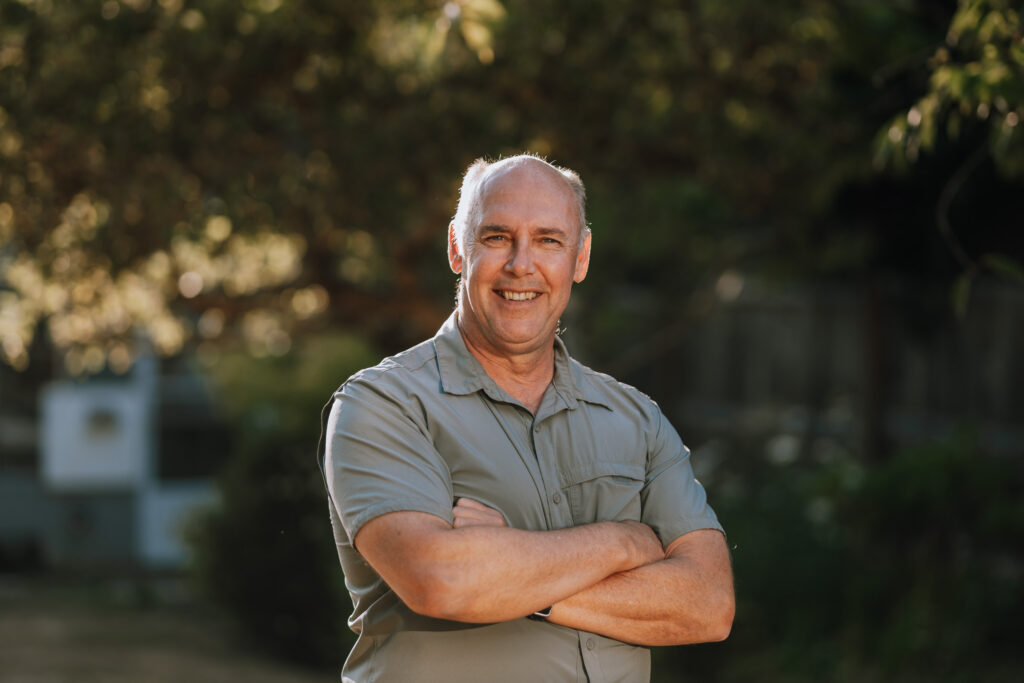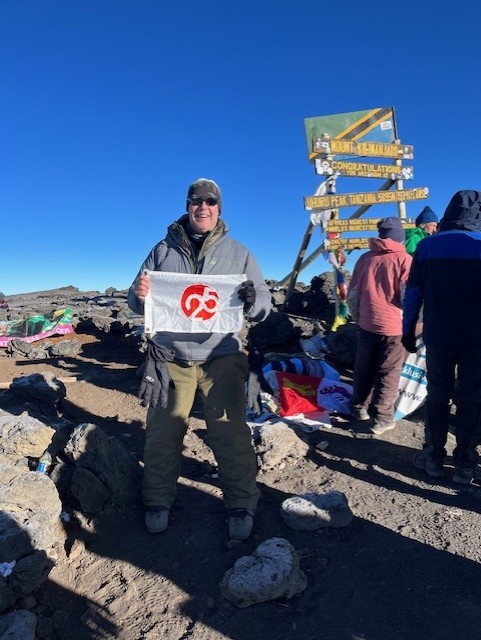“New understanding emerges when we begin our capacity building through welcoming the unknown as an opportunity for discovery and innovation.”
Frank Barrett

What is coaching?
A much-used word with many different meanings depending on the individuals involved and the context, coaching is described by the International Coaching Federation as “Partnering with clients in a thought-provoking and creative process that inspires them to maximize their personal and professional potential. The process of coaching often unlocks previously untapped sources of imagination, productivity, and leadership.”
I’ve recently celebrated my 10th year as an Executive Coach, and I still enjoy serving my clients in this capacity. Working with Executives, the highest-level leaders in most organizations has also been a privileged, profoundly inspiring learning journey for me. So, to mark my first decade in coaching and, as a self-avowed ‘learning leader,’ I’m taking this opportunity to reflect on my journey to help me get even better at this important calling.
Here are five things I’ve learned about coaching so far:
1. Anyone can coach
Before pursuing a coaching designation, like many others, I had an image of coaching largely shaped by sports analogies. With many years of competitive sports and military service under my belt, coaching seemed to be something that only a subject matter expert with many years of experience could effectively master. It also appeared to involve a lot of ‘telling and yelling.’ In stark contrast, imagine my surprise when I eventually discovered that the most effective kind of Executive Coach is perfectly objective and an expert at listening and noticing. They could also be anyone of any age and background with a strong service leader orientation who authentically wants to help leaders improve through non-directive, self-reflective approaches. And guess what? Many people are excellent coaches already and don’t even know it.
2. Progress is best achieved through strong partnerships
Executive Coaching assumes that the coachee already has all the answers and can find their way to become even better leaders. The job of the coachee is to explore the issues and opportunities that are most important to them in an open, authentic, positive, and accountable way. The coach’s job is to engage with the coachee as an objective, curious and objective thinking partner, joining the coachee in a strengths-based exploration of the many unknowns that are a salient feature of leading big, complex organizations. The overall effect should include increased coachee awareness and confidence and the knowledge that they are empowered to shape their own future and the future of their organizations. It’s true that ‘it’s lonely at the top,’ so a good coach is a valued partner and confidante.
3. A 360-degree review can be a big help
Fortunately, I’m frequently able to deliver Executive Coaching services that are informed by a 360-degree review process. Based on the assumption that leaders value feedback from others as part of their learning and development process, the review invites up to 10 or 12 people who know the coachee well to provide confidential feedback to inform the coaching process better. The review results are often not a big surprise to the coachee, although one or two ‘zingers’ can emerge to pique interest. However, the information from a broad cross-section of colleagues, direct reports, and others can fuel highly productive, more goal-oriented discussions during coaching. Concurrently, inviting help from others can fashion a community of support around the Executive Leader, most of whom feel honoured to participate, enlisting a team of allies in the leader’s development process.
In case you’re interested, we published an article that shares some consistent themes we noticed emerging from five such narratives 360 engagements – Attention Executives: Here’s the Kind of Leader you Should be in a Post-COVID World.
4. Seek help
I advocate practicing what you preach, and I discovered that there is much help for those seeking certification, including a globally recognized suite of designations and training and qualification processes stewarded by various governing bodies that help ensure the quality and consistency of coaching services. The International Coaching Federation aims to ‘Empower the World through Coaching,’ and many service providers can help with the certification process. At this point, I’ll put in a plug for Erickson Coaching International Inc., one of the resources I’ve leaned heavily on during my qualification journey, as well as Scott Richardson, who has helped me recertify regularly and who I regard as an iconic Master Coach. I’ve also learned a lot from my clients, which isn’t that surprising. Talking to anyone working through tough challenges within the context of huge responsibilities is always humbling and thoroughly educational for those who listen well.
5. The hardest thing is the ‘appreciative’ part.
The cornerstone of Executive Coaching is appreciative enquiry. Identifying and leveraging current and future strengths to realize visionary possibilities requires a certain amount of positive thinking. However, most of us have been conditioned by our life experiences and the process of human evolution to approach issues from a glass-half-empty point of view. We are owners/operators of a well-developed negativity bias. We all like to dive into a good bitching session, don’t we? Good coaching helps clients break out of negative paradigms and view future opportunities through an appreciative lens, leveraging existing strengths to achieve tremendous success.
This brings me to the next hardest thing: my biases and me. Being aware of my biases and continually managing those to maintain my objectivity and adopt a helpful ‘coach position,’ I continue to challenge myself to become even better at adopting a strengths-based mindset, even when tackling some desperately scary subjects with my clients.
What’s next?
Get. Even. Better.
I’m committed to continuing my professional development and seeking to certify at increasing levels of coaching competency. Because diversification is always a great way to build up underdone strengths, I deliver coaching services to those outside my usual range of clients and ‘push the envelope’ regarding my comfort zones in various ways. I’ve also discovered that I enjoy team coaching, similar to the better-known one-on-one coaching style, because I enjoy working with groups of like-minded, passionate people seeking breakthrough solutions for their businesses, clients, stakeholders, and colleagues. I also want to engage more with other coaches, as some of my most significant learnings have been from connecting with others providing a similar service. And above all, I intend to continue to enjoy the process that is Executive Coaching because…
“It is not knowledge, but the act of learning, not possession but the act of getting there, which grants the greatest enjoyment.”
Carl Friedrich Gauss
Richard Eaton is a founding partner of Berlineaton, a well-known and respected Victoria-based management consulting firm that has been providing strategic management, continuous improvement, and people development services to visionary leaders across Canada since 1996.

